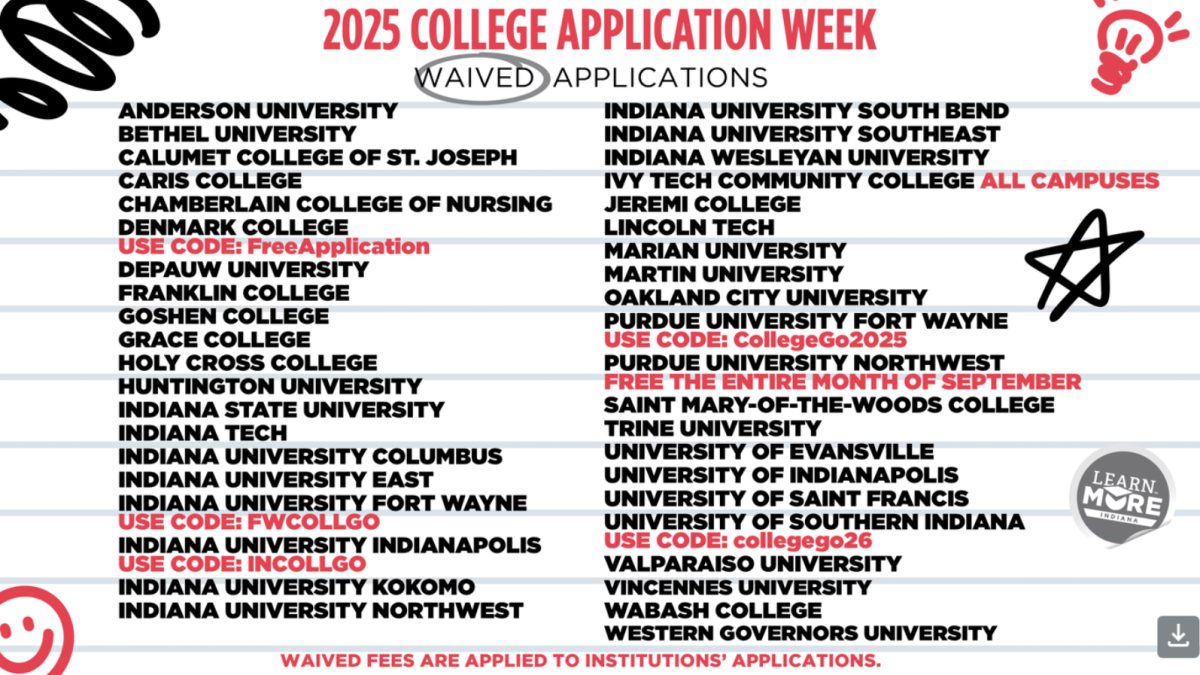Work, work, work. For almost all American citizens, this is the bleak cycle that shapes their life. In 2025, as prices of groceries, gas, homes, and education skyrocket, it is common practice for American citizens to devote all their time to an occupation, some even working multiple jobs, just to pay for basic human needs. Why do people need to work grueling hours just to scrape by? The answer is simple: the federal minimum wage is too low.
I was raised in a house in which my parents made more money than the average family, allowing me to explore interests, hobbies and develop skills to further my career aspirations. While I am grateful for this, I find it unjust and unfair that children in minimum wage homes can not have these same opportunities—regardless of their dedication and work ethic—which lead them to work minimum wage jobs in the future, becoming a cog in a generational cycle of injustice. Furthermore, I was taught to value people based on their determination and moral standing, rather than their possessions and status. Bottom line: hardworking, motivated individuals are more qualified than lazy couch potatoes. However, in our system that fuels discrimination and bias against those in lower income households, while uplifting those in wealthier households, the more qualified candidate’s chances of being hired are slim to none.
With this in mind, I believe raising the federal minimum wage would achieve the best outcome not just for the general public of the United States, but also locally, in Johnson County. There are many low income families in Center Grove who cannot afford to pay for their children to attend a post secondary education. As a result, students must balance social lives and schoolwork, all while working countless hours to pay for their own education. For one, raising the federal minimum wage would allow those in lower income houses for newfound opportunities including going to college, exploring their interests and specializing in various endeavors. In turn, this influx of educated citizens could help the United States as a whole, bringing about more skilled workers and rapidly improving the economic status. In several countries, America is judged as having weak character: unmotivated, disinterested workers who are too lazy to get a higher paying job. This judgment is skewed, as millions of Americans are willing and able to work, but are trapped by the systemic oppression of the federal minimum wage, dimming any chance of an advancement in their career.
Though I realize that there is evidence suggesting that a federal minimum wage increase could possibly hurt Americans, I believe that the reward is too great not to take the risk. Raising the federal minimum wage will create an improved and revolutionary United States: an ideal nation, not one of a hierarchical class system, but one of people–all men and women–created equal.









